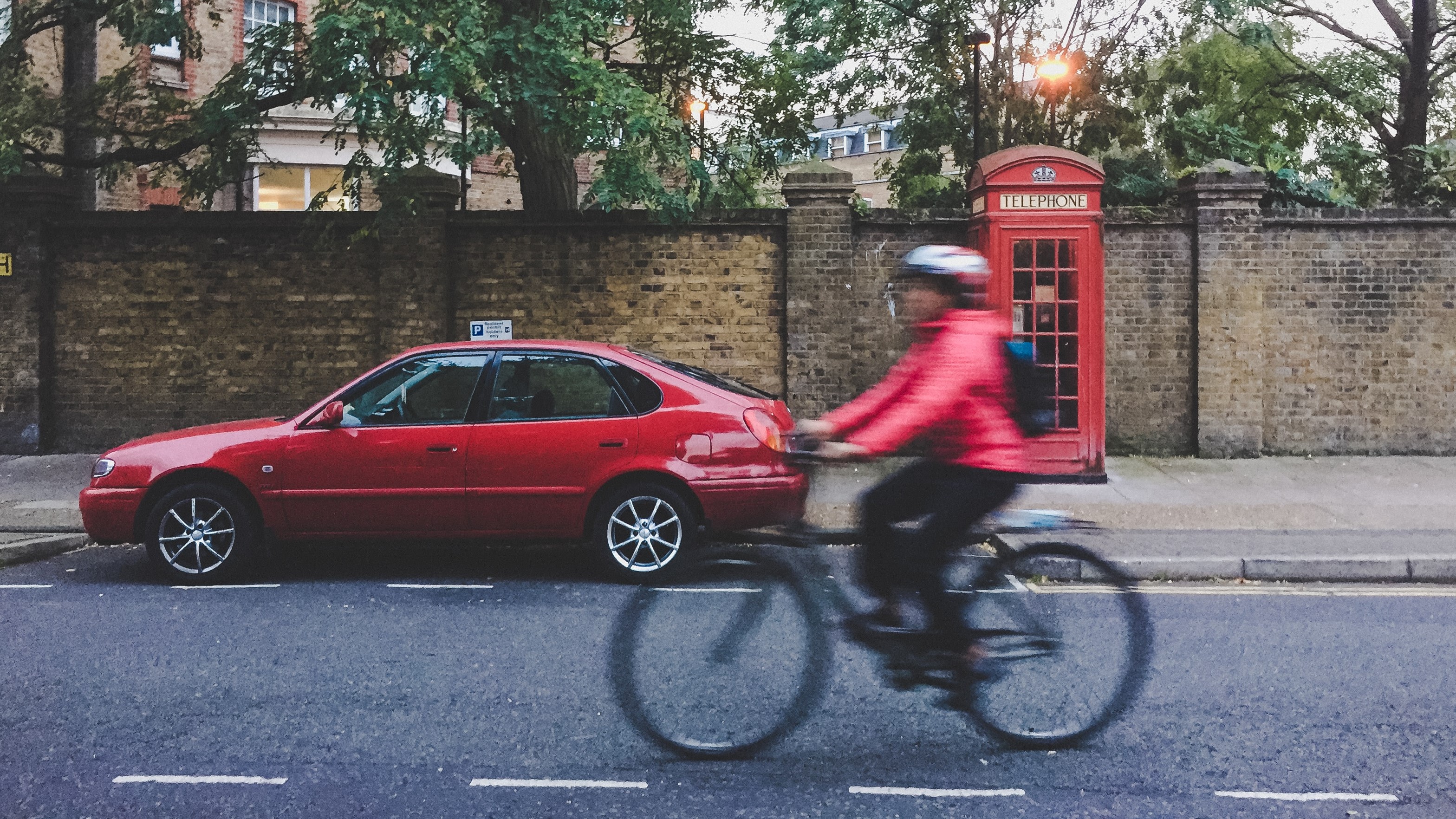A damning new report says the UK Government is failing in its plans to get more of us cycling and walking by 2025
The National Audit Office report blames the failures on years of persistent underfunding and a lack of influence

A new National Audit Office report released today has revealed that Government's 'active travel' targets to get more people traveling by bike and on foot are failing after years of inadequate stop-start funding.
The National Audit Office report studied whether the Department of Transport (DfT) is likely to achieve its objectives by 2025. This comes just three months after the DfT slashed funding for active travel projects in England (outside of London) by over two thirds, from around £308 million over two years to £100 million.
Active travel is defined as 'everyday journeys made for a purpose by walking, wheeling or cycling, rather than by motorised transport'.
Alongside a broad objective to deliver a world-class cycling and walking network in England by 2040, the DfT has set four specific objectives for active travel:
- Increase the percentage of short journeys in towns and cities walked or cycled from 41 percent in 2018-19 to 46 percent in 2025, 50 percent in 2030 and 55 percent in 2035
- Increase walking activity to 365 'stages' per person per year in 2025
- Double cycling from 0.8 billion stages in 2013 to 1.6 billion stages in 2025
- Increase the percentage of children aged five to ten who usually walk to school from 49 percent in 2014 to 55 percent in 2025
The National Audit Office report concludes, "In recent years DfT has raised its ambition for active travel in England. In doing so it has recognised areas where its performance must improve. Although active travel schemes have the potential to deliver important benefits, in practice, DfT has known too little about what has been achieved and has not been able to influence the local delivery of schemes consistently. This has led to patchy delivery of active travel schemes, and it is unlikely that DfT’s objectives for increased active travel by 2025 will be achieved."
However, it was more positive on the formation of Active Travel England – a new regulator set up during Boris Johnson's tenure with Ofsted-like powers to ensure local council schemes are fit for purpose. The report said, "Active Travel England has made good early progress and is well-placed to address many of the issues that can lead to poor quality active travel schemes. Maintaining this early momentum from the set up of Active Travel England will be important to securing the benefits for transport, health and the environment and achieving value for money from government’s investment in active travel."
Campaign groups such as Sustrans and Cycling UK say the overall failure of this Government to meet its own objectives will damage future generations and their ability to walk, wheel and cycle safely. This in turn will leave a legacy of poor air quality which will have a significant effect on British public health.

Xavier Brice, CEO at walking and cycling charity Sustrans, said, “It’s clear the Government has backpedalled on its promises, and is missing an easy win on the path to achieving net zero commitments, with proven benefits for public health.
“This report reveals that active travel objectives are in tatters, and only serves to highlight that long-term and ring-fenced investment can transform lives, if done well.”
Sarah Mitchell, CEO at Cycling UK said, “The National Audit Office has confirmed what Cycling UK and others have been saying for years, namely that the government hasn’t committed adequate funds to achieve its own targets to increase walking and cycling.
"However, we’re pleased the report recognises the formation of Active Travel England as a positive step in the right direction. The government now needs to publish its own evidence on the level of funding needed, and then increase existing funding to enable Active Travel England to deliver the government’s goals.”
Sustrans revealed in its Walking and Cycling Index that active travel contributed £36.5 billion to the UK economy in 2021, from a relatively modest Government investment when compared to other state supported transport modes.
Extrapolating from its Walking and Cycling Index figures, Sustrans also found that people walking, wheeling and cycling took 14.6 million cars off the road, which saves 2.5 million tonnes of greenhouse gas emissions every year.
Further research by the charity also showed that keeping people active by walking, wheeling and cycling, prevented 138,000 serious long-term health conditions and avoided over 29,000 early deaths during 2021.

Rich Owen joined the BikePerfect team as editor in 2021. He's worked as a journalist and editor for over 24 years, with 12 years specializing in cycling media. Rich bought his first mountain bike (a rigid Scott Tampico) in 1995 and has been riding MTB for almost 30 years.
Current rides: Merida One-Forty 6000, Banshee Paradox, YT Jeffsy Core 3, Saracen Ariel 30 Pro
Height: 175cm
Weight: 69kg
